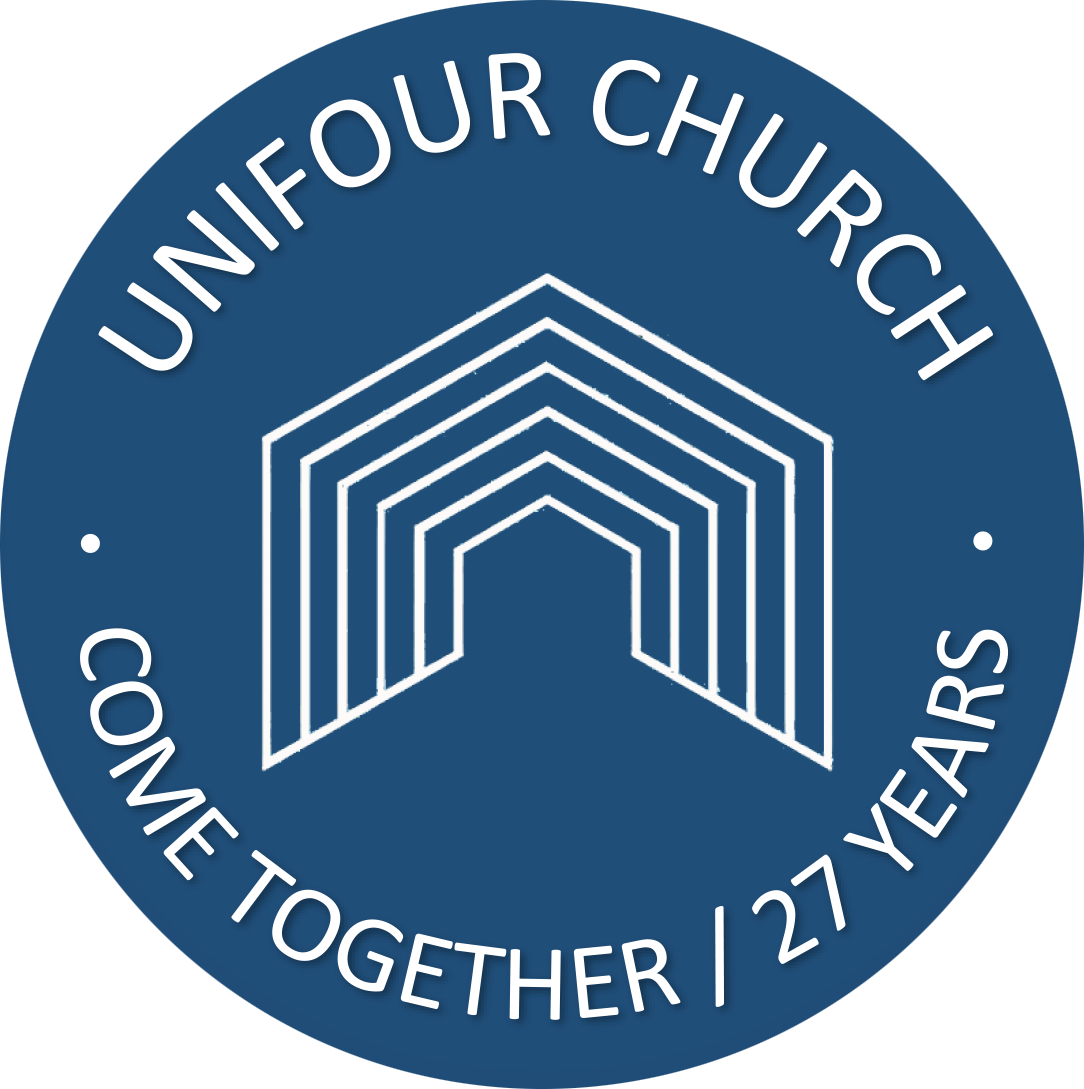the dates & TIMES THE GROUP meetS EACH MONTH can be found on our church calendar. please click the button beLOW to be taken to the church calendar page.
** STARTING IN MAY 2024 THEY WILL START MEETING ON THURSDAY AT 6:30 PM TWICE A MONTH. STILL CHECK THE CALENDAR LINK BELOW FOR THE DATES.
What is Grief?
Bereavement and grief are a common human experience. In fact, according to a survey by Amerispeak and WebMB, 32% of people
suffered the loss of a family member or close friend within the past three years. And this data was recorded before the COVID-19 pandemic.
Although the first year is the hardest, the National Institute of Health says over 70% of older adults experienced a bereavement process that last approximately two and a half years. Losing someone close to you – a spouse, sibling, child, best friend or pet – can bring up feelings of isolation, confusion, sadness and disconnection from others.
Between 7% to 10% of older adults are at risk for developing a mental health condition known as complicated grief. This grief is characterized by sadness, a focus on and intense yearning for the deceased, guilt and self-criticism, suicidal thoughts and avoidance of people and places that are reminders of the deceased. This type of grief is acute and slows healing.
Connecting with others is a key coping strategy for grieving people. Sharing experiences of loss is a powerful way toward healing. Research shows attending a grief support group may help you through these feelings and other difficult emotions or situations that arise from the loss. These peer-centered groups offer the necessary social supports to help people process their grief and work toward a renewed sense of direction and self-identity.
What to Expect in a Grief Group
When you arrive at a grief group, you can expect to find participants who are actively engaged in mourning. They are processing their grief externally by sharing details of the death, life changes, emotions and situations bringing their grief to the surface. As mentioned earlier, participants also share coping mechanisms and external resources.
You may also expect periods of silence. Participants are not forced to talk. These periods of silence are welcomed and embraced by the group. It’s OK to not feel at ease right away.
If you’re considering attending a grief group, 3 to 6 months after the death is a good time to begin. At this point, many people find they are ready to start sharing their stories with others and working through the emotions and thoughts associated with the death. In the end, the group will help you feel less alone, know others are traveling a similar path and give you additional coping strategies and resources.
To get the most out of a Grief Group
Do your homework and make sure you’re choosing a group that represents the type of loss you’ve endured (e.g., spousal, sibling, child, friend, pet): Spousal loss is profoundly different from losing a child. You’ll have an easier time getting comfortable if the other members have sustained a similar type of loss.
Be on time, present and stay until the end of the session: Being punctual, present and engaged help foster connections and builds respect between you and the other group members.
Listen carefully: Empathy and learning both start with a listening ear. Listening to others carefully establishes a sense of care.
Give it a chance: The first couple sessions may be challenging. It is beneficial to give yourself about three visits before deciding if a group is right for you.
Unifour Church is proud to offer this program. As an all-affirming church, allow us the opportunity to show you hospitality, no matter your story.
Note: If you or someone you know is struggling with loneliness, anxiety, depression or if you have any other questions please email our Grief Minister - Rev Dallas Tribble below or you can call our Church Number and someone will get back with you.

